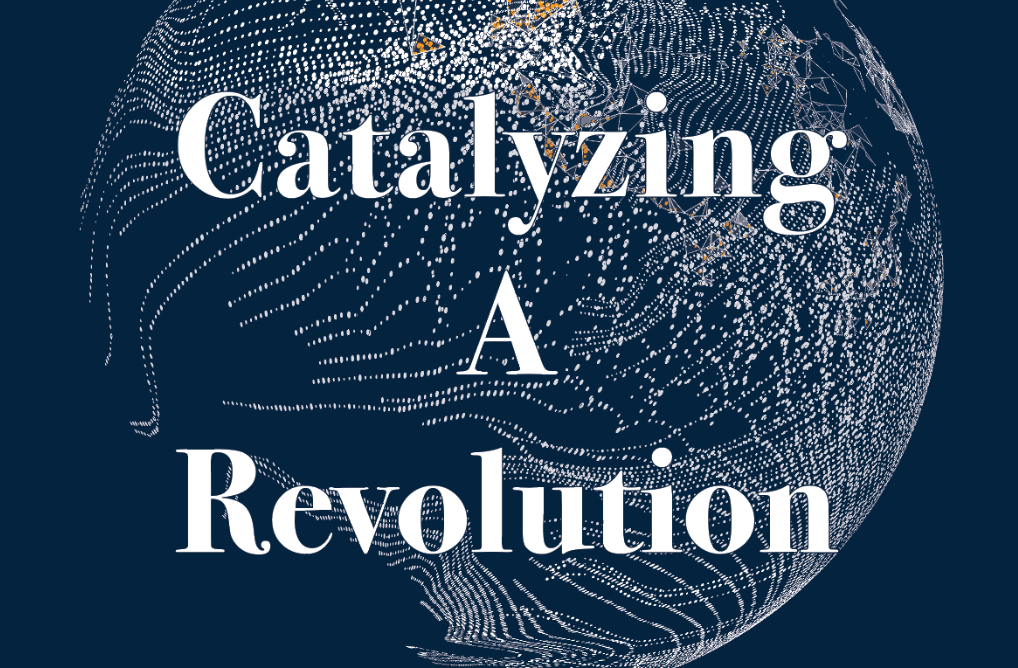ISB Annual Report: Catalyzing A Revolution
 isbscience.org/news/2017/08/16/2016-annual-report-catalyzing-revolution/
isbscience.org/news/2017/08/16/2016-annual-report-catalyzing-revolution/
ISB’s compass has always been oriented toward the future. Even when we reflect on the past year for each annual report, it’s always through the lens of what’s on the horizon. We are remarkably consistent in that regard, which is in no small part due to our president Dr. Lee Hood, whose vision is perpetually a decade – at least – ahead of everyone else.
In this year’s letter, Dr. Hood offers a treatise on the momentum that has tipped his every prediction into a new reality.
As we contemplate his vision for the future of healthcare and scientific wellness, we are reminded of the core values that tether our intrepid researchers to our common foundation as they explore the far reaches of scientific discovery: We cherish intellectual freedom, value collaboration, share what we learn, create roadmaps, and we expect to invent the future of human health, scientific wellness, and environmental sustainability.
What lies ahead is a stretch of this roadmap. Travel with us.





